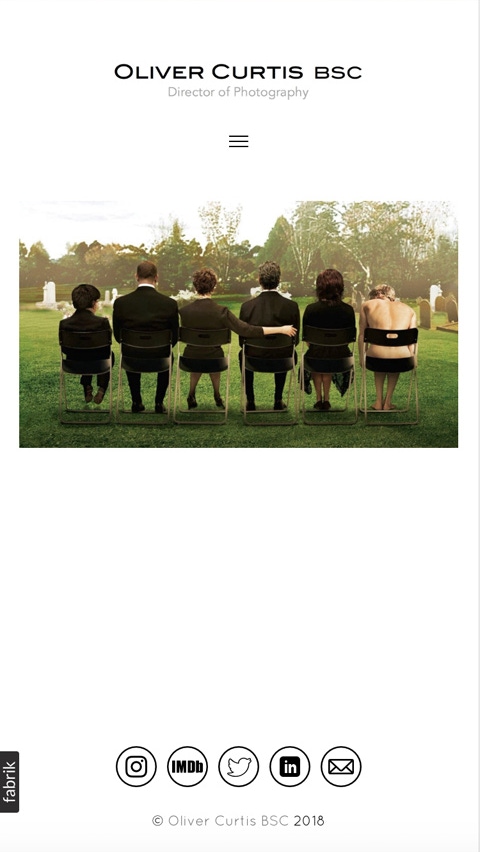Uncovering the unexpected ordinary
View Oliver's filmmaker portfolio
Oliver Curtis BSC learnt his craft as a cinematographer in documentaries, music videos and short films for the Arts Council of Great Britain and the BFI. It was for the latter that he lensed his first feature 'Madagascar Skin', directed by Chris Newby.
Other features soon followed along with high profile television work, including the acclaimed BBC TV series 'Vanity Fair' directed by Marc Munden, for which he was nominated for a BAFTA award. He also directed numerous documentaries for Channel Four and BBC TV, including 'Trotsky's Home Movies' and a portrait of the great Italian director 'Gillo Pontecorvo: The Dictatorship of Truth', along with programme related articles published in The Observer and The Listener magazines.
In 1996, Oliver became one of the youngest cinematographers ever to be invited to join the British Society of Cinematographers (BSC). He continues to plough a distinctly idiosyncratic path as Director of Photography on feature films as diverse as Clare Kilner’s 'The Wedding Date', Frank Oz’s 'Death at a Funeral' and Joanna Hogg’s 'Unrelated', as well as experimental gallery-based installations such as Gideon Koppel’s ‘Borth’.
He has also worked with high profile brands and clients in hair, beauty and FMCG commercials, working for Pantene, L'Oréal, Well, Palmolive, Rimmel, as well as Coca Cola, Sony, Guinness, Canon, Cadbury’s and EON.
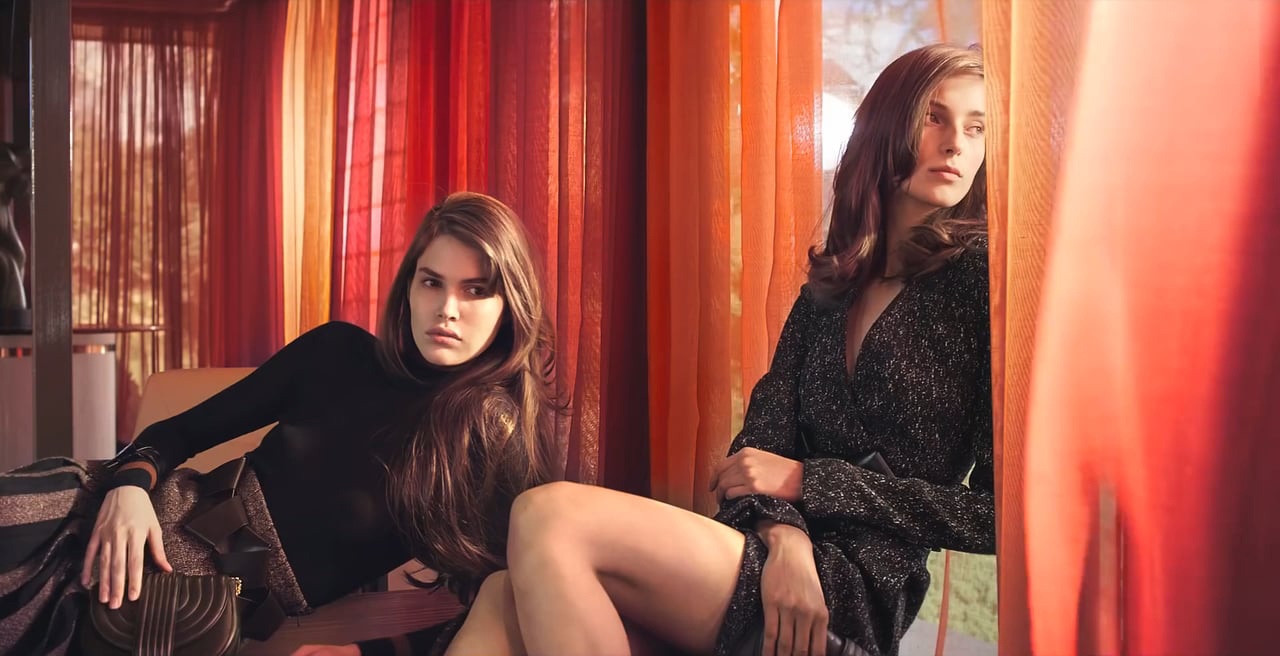
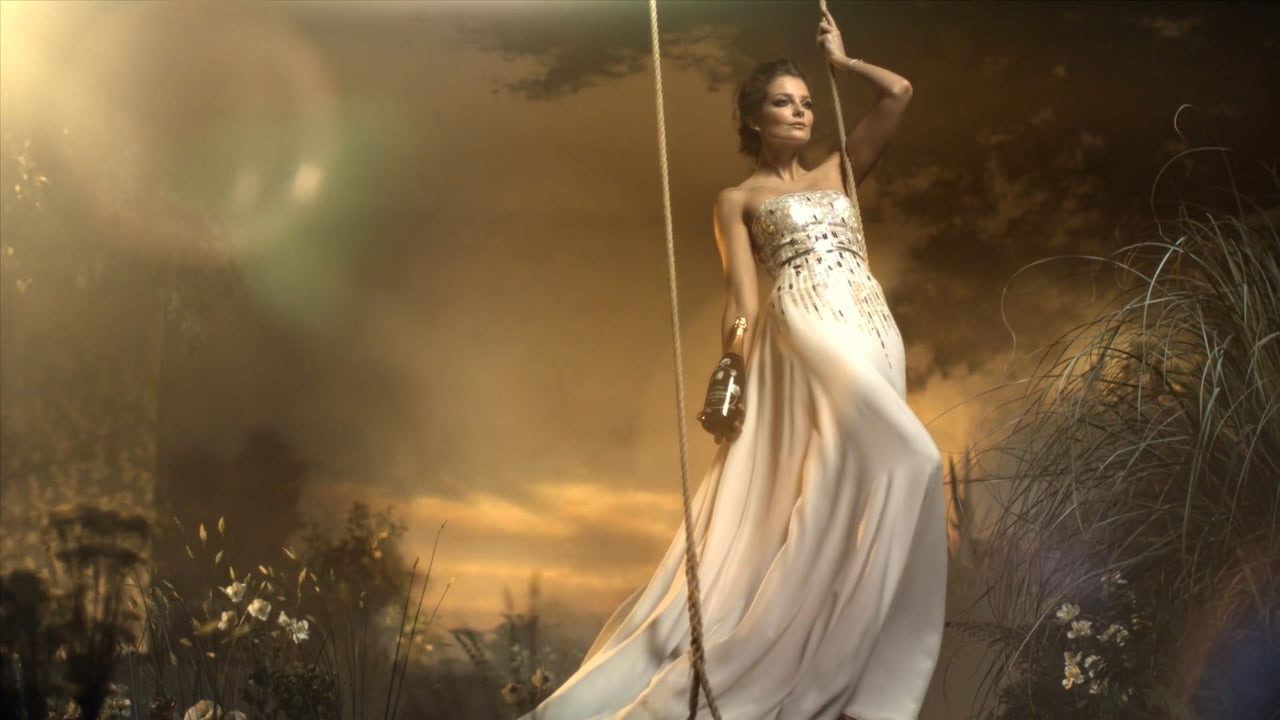
Apart from his work in feature films, Oliver remains prolific in the world of photography, too. Quite prolific, and busy indeed, he granted us a little bit of his precious time to ask about his thoughts and anecdotes from the centre of the action!
Fabrik: You have worked across different genres - documentary, commercial, feature film- and have done so with great success. Do you have any preference or would you like to focus on a specific one in the future?
Oliver Curtis: "My work in film and photography is almost wilfully diverse. I’m just drawn to compelling stories and ideas, whilst the medium itself is almost a secondary consideration. "
Fabrik: Would you like to share a little bit more about your work on photography? I’ve noticed you are equally enthusiastic about the artistic approach - from the impressionistic London Conversation to the naturalism of Half Ton Hospital. What is the creative rationale behind capturing the perfect frame?
Oliver Curtis: "My photographic practice varies enormously in style and subject, but what I think unifies it is an interest in depicting the unexplored. And by that I don’t necessarily mean exotic landscapes that haven’t been photographed before, but more capturing the familiar from an unfamiliar or unexpected point of view. The Volte-face project encapsulates this – turning my back on some of the most photographed places on the planet to record the view no-one else is looking at. In contrast to this, London Conversation depicts familiar views in my own town in a deconstructed, abstract way rendering the everyday as a series of textures and impressions."
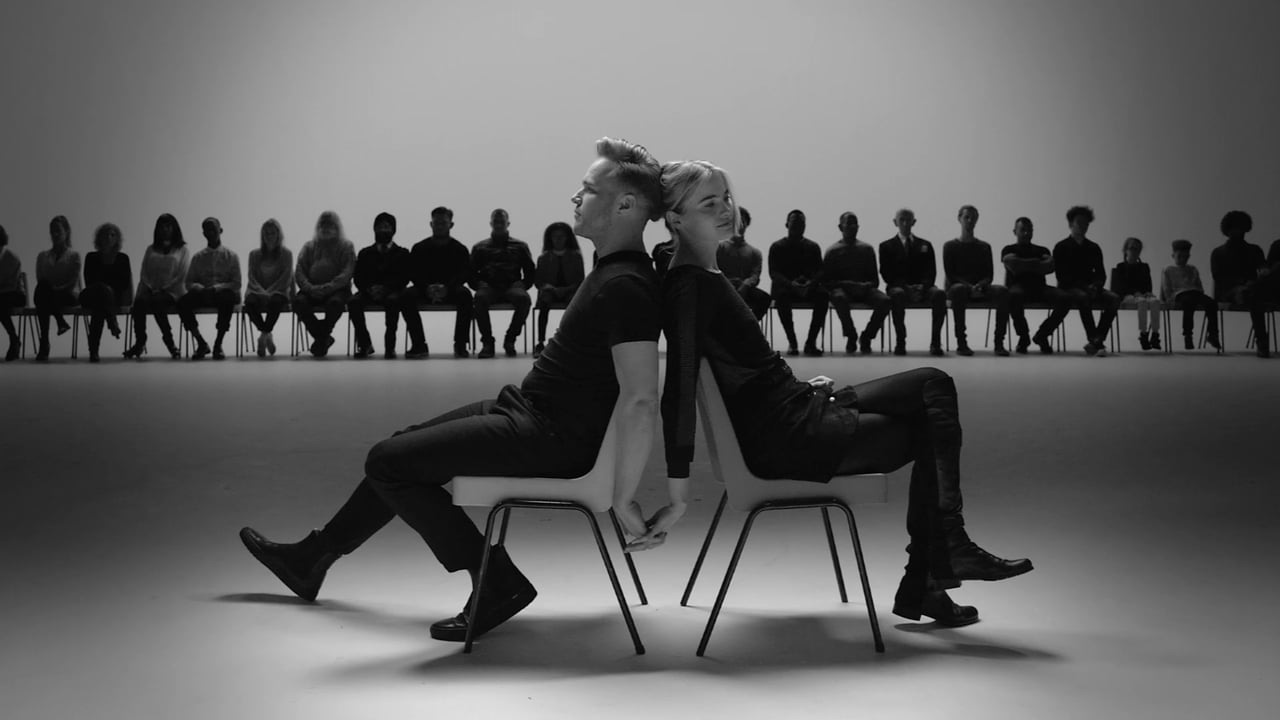
Fabrik: Any interesting or fun anecdotes from your time on location, or from the reception of your work?
Oliver Curtis: "The Volte-face project took four years to complete. My aim was to visit as many of the most visited and therefore photographed places on the planet and discover a view at each of them that revealed something new and unexpected. In every instance I hoped to reflect some aspect of history, ancient or recent, that one might associate with that particular site. Occasionally, my take would be very personal, reflecting my mood or thoughts at the time (at Buckingham Palace, for instance). In other situations, a composition would present itself (such as the Lincoln Memorial in Washington DC) which seemed to engage in a really specific way to the history of that monument. These visits would typically take 3 to 4 hours, but one or twice I would return multiple times over a period of days until I found a shot which seem to encapsulate my feelings about the place."
"My photographic practice varies enormously in style and subject, but what I think unifies it is an interest in depicting the unexplored. And by that I don’t necessarily mean exotic landscapes."
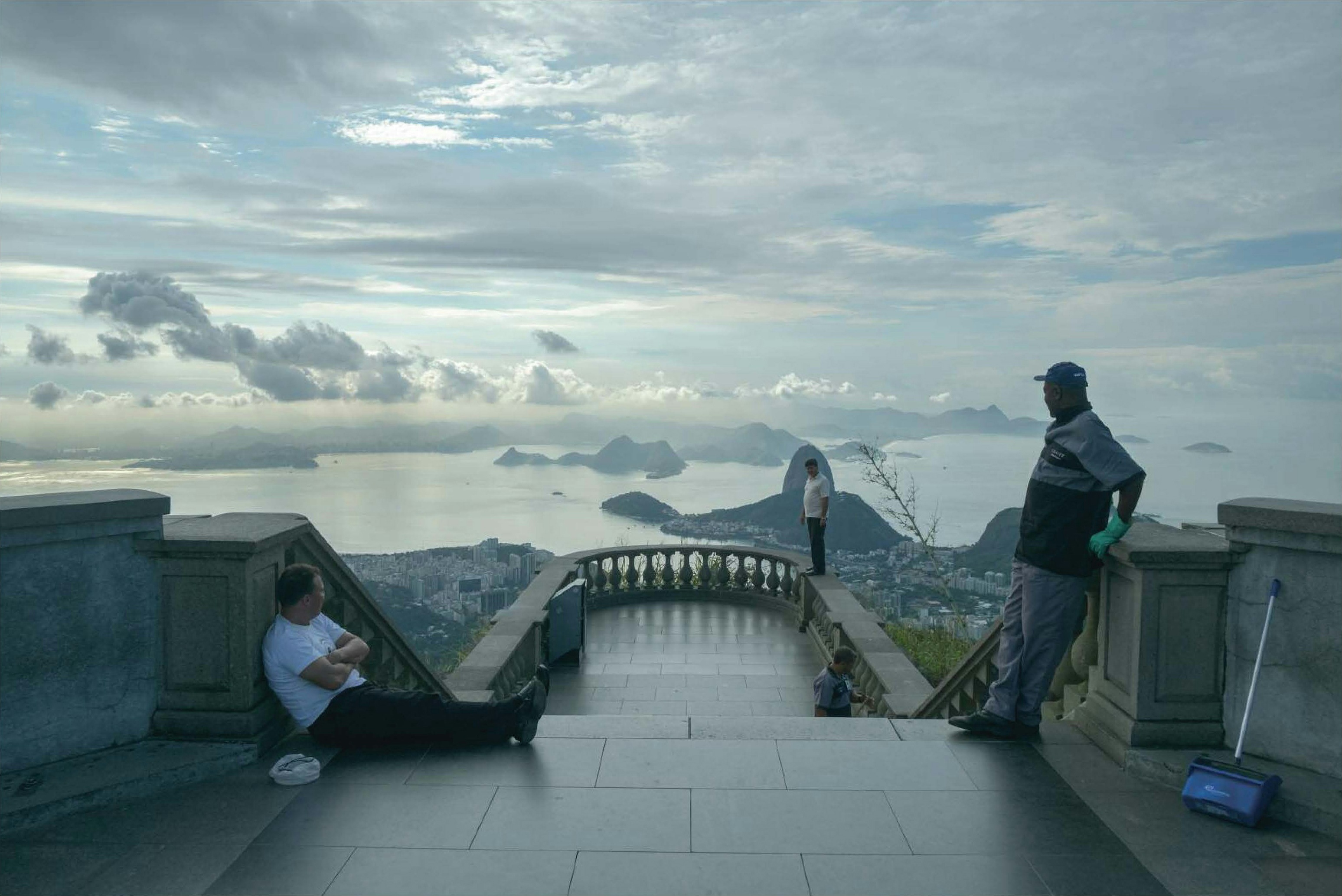
Fabrik: Is there any piece of work, be it a film, a song, a painting, that has left you with a lasting impression or any mentors you have encountered throughout the span of your career?
Oliver Curtis: "Andre Tarkovsky’s film ‘Mirror' has been the most influential film in my life. Despite being a very personal piece of work, it draws the viewer into its collage of dream, memory and fantasy. It is so luminous that the cinema screen seems to glow from within. The final shot, where the camera drifts inexorably away from the characters into a forest, seems to perfectly encapsulate how memories of childhood become increasingly distant and elusive over time. ‘Mirror' is the purist kind of cinema in as much as it couldn’t exist in any other medium."
"Andre Tarkovsky’s film 'Mirror' is the purist kind of cinema in as much as it couldn’t exist in any other medium."
Fabrik: Any advice you’d like to impart on your craft to DoPs and photographers going into the field?
Oliver Curtis: "The best advice I could give is to build relationships that last. In my experience, most filmmakers want to rely on someone they know well and whose instincts are aligned to their own. I would also encourage new practitioners to be aware of inclusivity and diversity in their crewing and collaborations. The film and television industry has made great strides in this area but still has a long way to go."
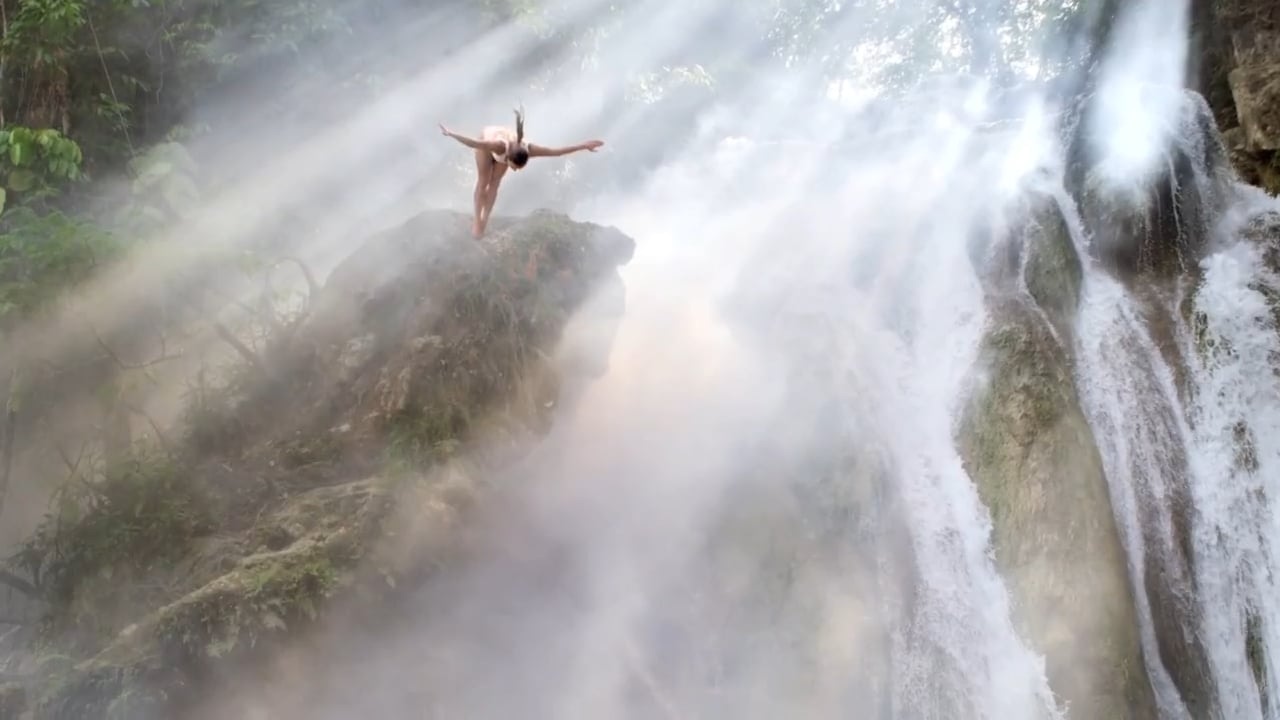
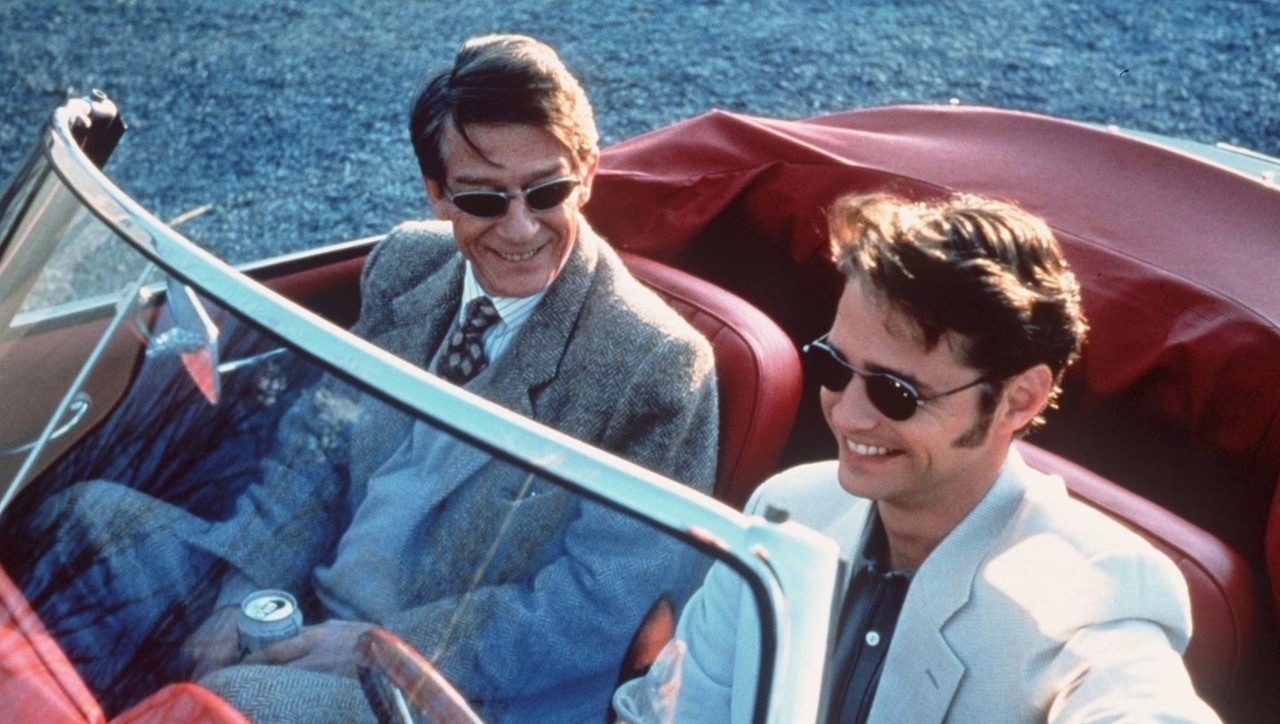
Fabrik: Anything you’re working on at the moment that you can share, or any sort of personal directions you’re embarking on that serve your career?
Oliver Curtis: "On a photographic front, my next project is one much closer to home. Instead of looking at distant lands, my new subject lies within one mile of my own home in London. Nevertheless, I am looking for scenes that somehow connect the viewer to diverse lives and cultures that have randomly coalesced in adjacent houses in one area of the city."
In conjunction with his work as a cinematographer, Oliver continues to produce stills photographic work for major broadcasters as well as generating his own projects for exhibition and publication. His first solo exhibition VOLTE-FACE premiered at London's Royal Geographical Society in Sept 2016. A book of the project is published by Dewi Lewis Publishing.
“I would encourage new practitioners to be aware of inclusivity and diversity in their crewing and collaborations. The film and television industry has made great strides in this area but still has a long way to go.”
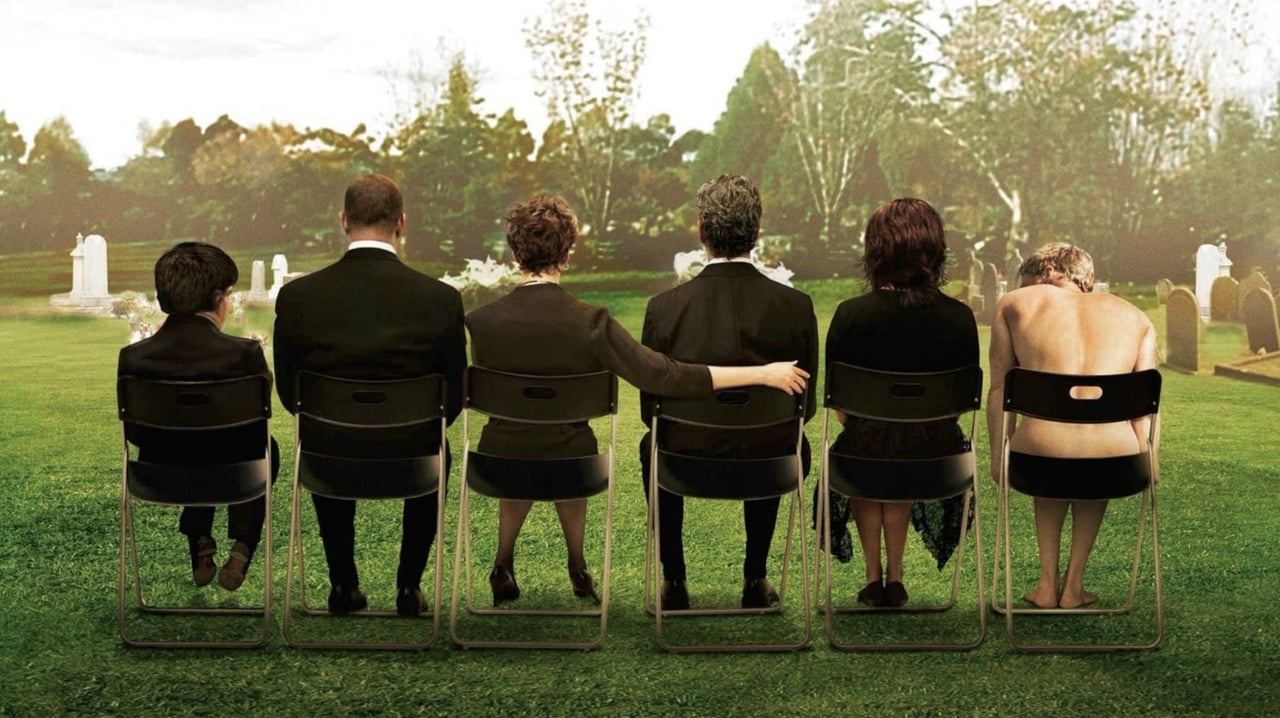
Oliver is using Poplin theme, an incredibly versatile and straightforward theme with lots of layout options to help you to find a unique style for your website. With a focus on simple thumbnail grid layouts, creatives with lots of projects will find this theme useful.

